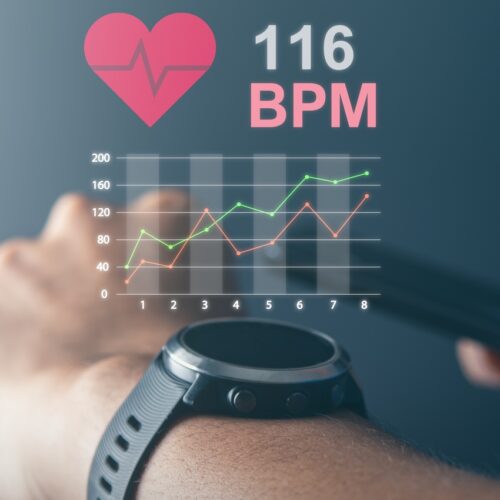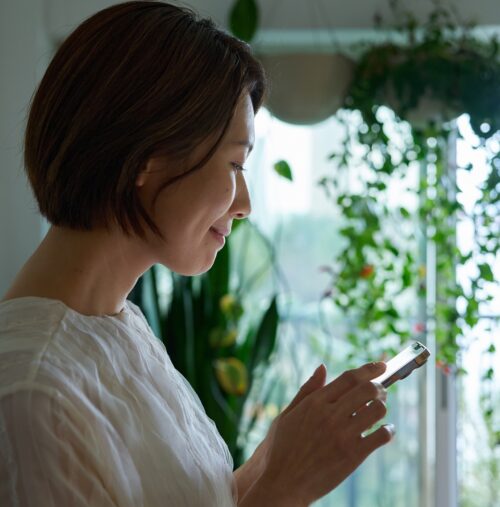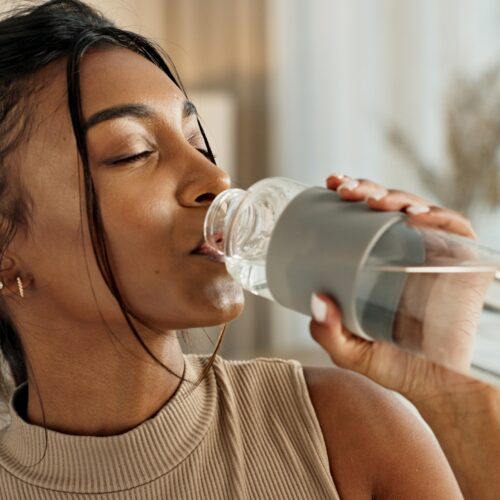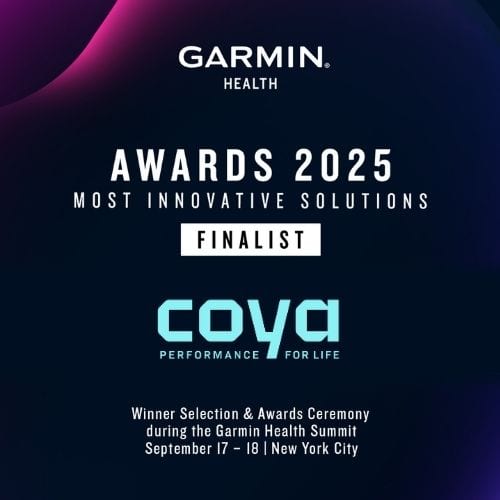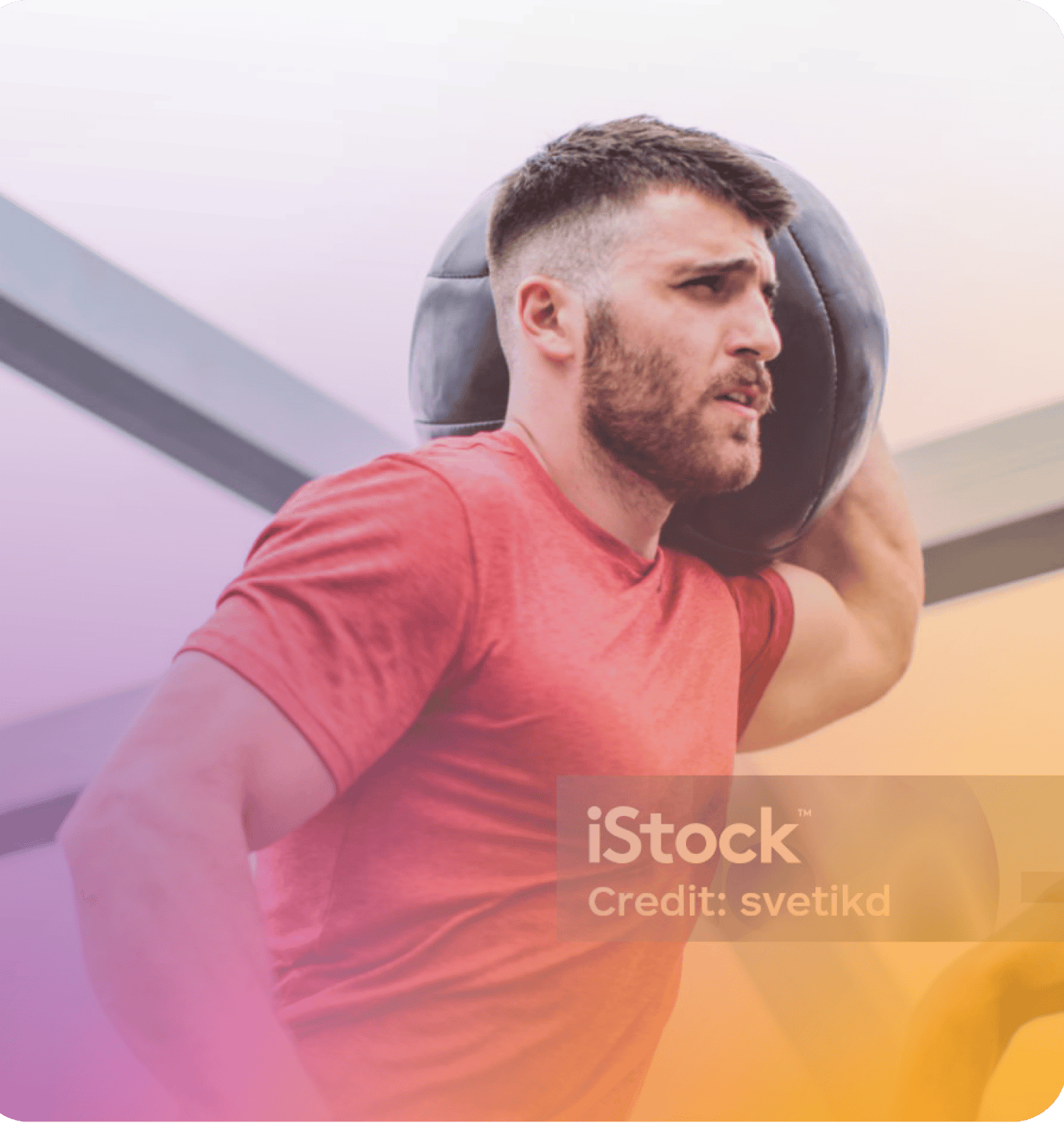The internet gives us access to more health and wellness information than ever before. That’s both the opportunity and the challenge of modern wellness. With so much content out there, how do you know what’s trustworthy, relevant, and actually useful?
At Coya, we believe better health decisions start with better information. Here’s a practical framework you can use to navigate the noise:
1. Check the Source
Who’s providing the information? Are they citing valid references? Be aware of potential agendas. Industry-funded research isn’t always bad, but it’s always worth taking a second look.
2. Confirm the Date
Health science moves fast. Make sure the study or article is up to date or, if it is older, that it still holds weight among the current body of research.
3. Consider the Author
Look into the author’s background. Are they qualified and unbiased, or tied to a company with something to sell?
4. Prioritize Peer-Review & Meta-Analyses
Peer-reviewed journals (Nature, Science, NEJM, Cell) are gold standards. Meta-analyses summarize multiple studies, giving you a broader consensus without having to read every paper yourself.
5. Cross-Check & Stay Skeptical
Don’t rely on one study or one site. Cross-reference your findings across multiple sources. If only one paper makes a claim, it may not be strong evidence yet.
6. Use Trusted Resources
Sites like Examine.com and databases like PubMed or Consensus AI offer quality filters and research summaries that save time.
7. Watch for Bias
Not just in the research, but in yourself. Confirmation bias can lead you to only see what you want to believe. Challenge your assumptions and weigh counterarguments.
The Bottom Line
Reliable information is essential, but it’s not the only path forward. Sometimes, the science isn’t there yet. That’s where experimentation and self-awareness come in. Combine sound evidence, personal experience, and context, and you’ll be better equipped to find what works for you. Accurate health information doesn’t always mean finding “the answer.” It often means learning how to ask better questions, and then testing them in your own life. Better information = Better (more informed) decisions.



